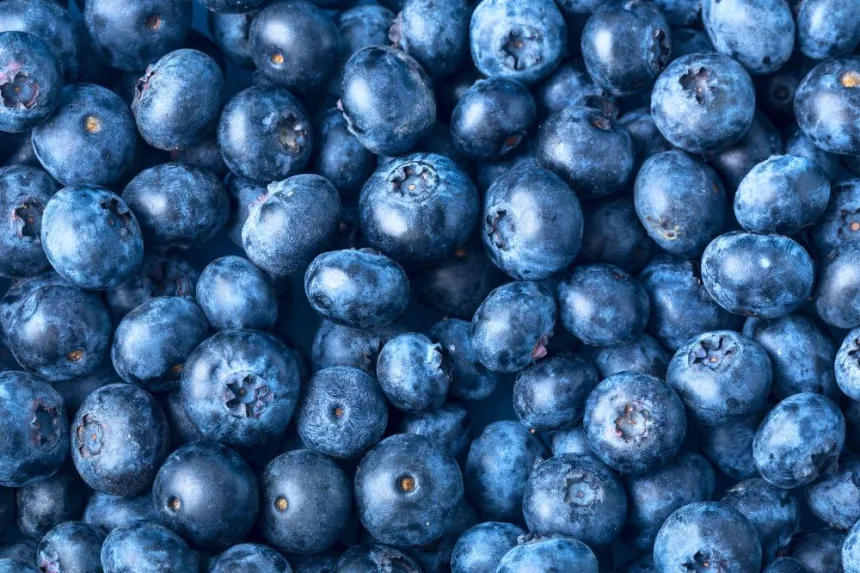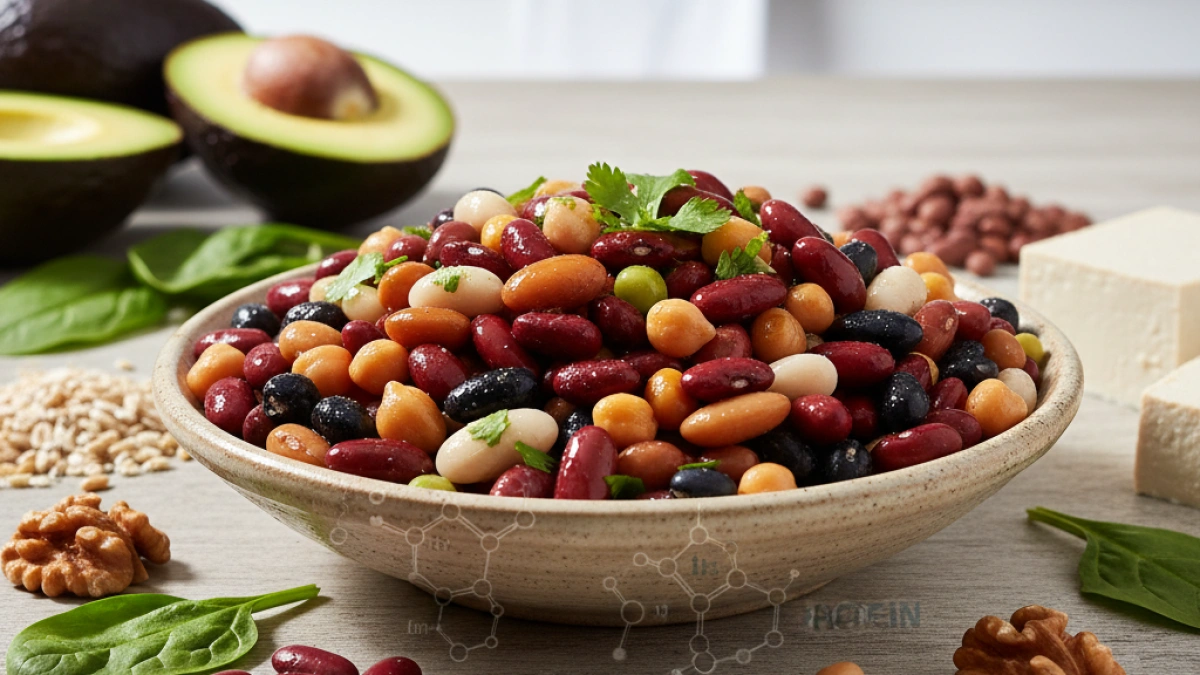Seven common nutritional deficiencies and how to prevent them

A balanced diet is essential for maintaining an optimal state of health. However, many people do not get all the nutrients they need, which can lead to nutritional deficiencies. In this article, we will explore seven of the most common deficiencies and provide practical tips to prevent them.
Iron Deficiency
Iron is crucial for the production of hemoglobin in the blood. Iron deficiency can lead to anemia, which manifests through symptoms such as fatigue and weakness. The most vulnerable groups include pregnant women and people on vegetarian or vegan diets.
Prevention: Include iron-rich foods in your diet such as red meats, legumes, spinach, and nuts. It is also advisable to pair iron-rich foods with sources of vitamin C, such as citrus fruits or peppers, to improve absorption.
Vitamin D Deficiency
Vitamin D is essential for bone health and the immune system. This deficiency can cause muscle weakness and increase the risk of bone diseases.
Read also
Prevention: Sun exposure is one of the best sources of vitamin D. However, in places with little sunlight or during winter, it is advisable to consume foods such as fatty fish, egg yolks, and fortified dairy products. A supplement can also be considered in consultation with a healthcare professional.
Calcium Deficiency
Calcium is vital for maintaining strong bones and teeth. A lack of this mineral can lead to bone problems such as osteoporosis.
Prevention: Include dairy products such as milk, cheese, and yogurt in your diet, as well as plant sources like broccoli and tofu. Fortified plant-based beverages are also a good option for those avoiding dairy.
Read also
Vitamin B12 Deficiency
Vitamin B12 is vital for the proper functioning of the nervous system and the formation of red blood cells. Its deficiency can cause neurological problems and anemia.
Prevention: Animal products are the main sources of vitamin B12. People following vegetarian or vegan diets should consider consuming fortified foods or supplements to ensure they meet their needs.
Magnesium Deficiency
Magnesium is involved in numerous biological functions, including the regulation of muscle and nerve function. A lack of this mineral can lead to muscle cramps and fatigue.
Prevention: Foods like nuts, seeds, whole grains, and leafy green vegetables are rich in magnesium. Including these in your daily diet can help prevent deficiencies.
Vitamin A Deficiency
Vitamin A is essential for eye health and the immune system. A deficiency of this nutrient can result in blurred vision and an increased risk of infections.
Prevention: Consume foods such as carrots, sweet potatoes, spinach, and liver, which are rich in vitamin A. This vitamin is found in the form of carotenoids in plant products and in its active form in animal products.
Fiber Deficiency
Fiber is important for digestive health and maintaining a healthy weight. Low fiber intake can result in issues such as constipation and increase the risk of heart disease.
Prevention: Increasing the intake of fruits, vegetables, legumes, and whole grains is essential. Incorporating these foods into every meal will help not only to prevent fiber deficiency but also to improve overall health.
Maintaining a balanced diet is key to preventing these nutritional deficiencies. Being aware of the nutrients your body needs and making adjustments to your diet can make a significant difference in your well-being. For more information and related articles, I invite you to continue reading more news on my blog.











































